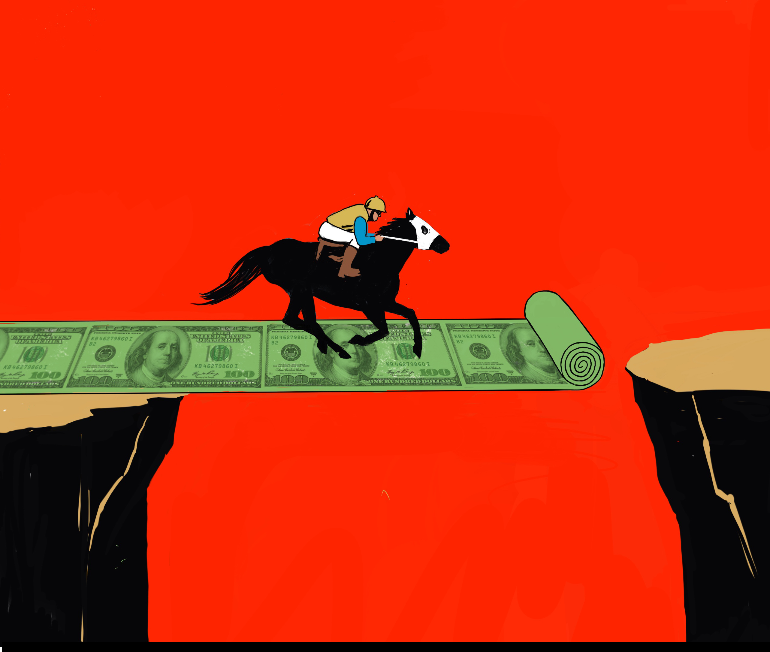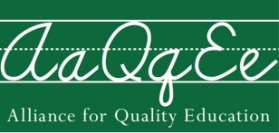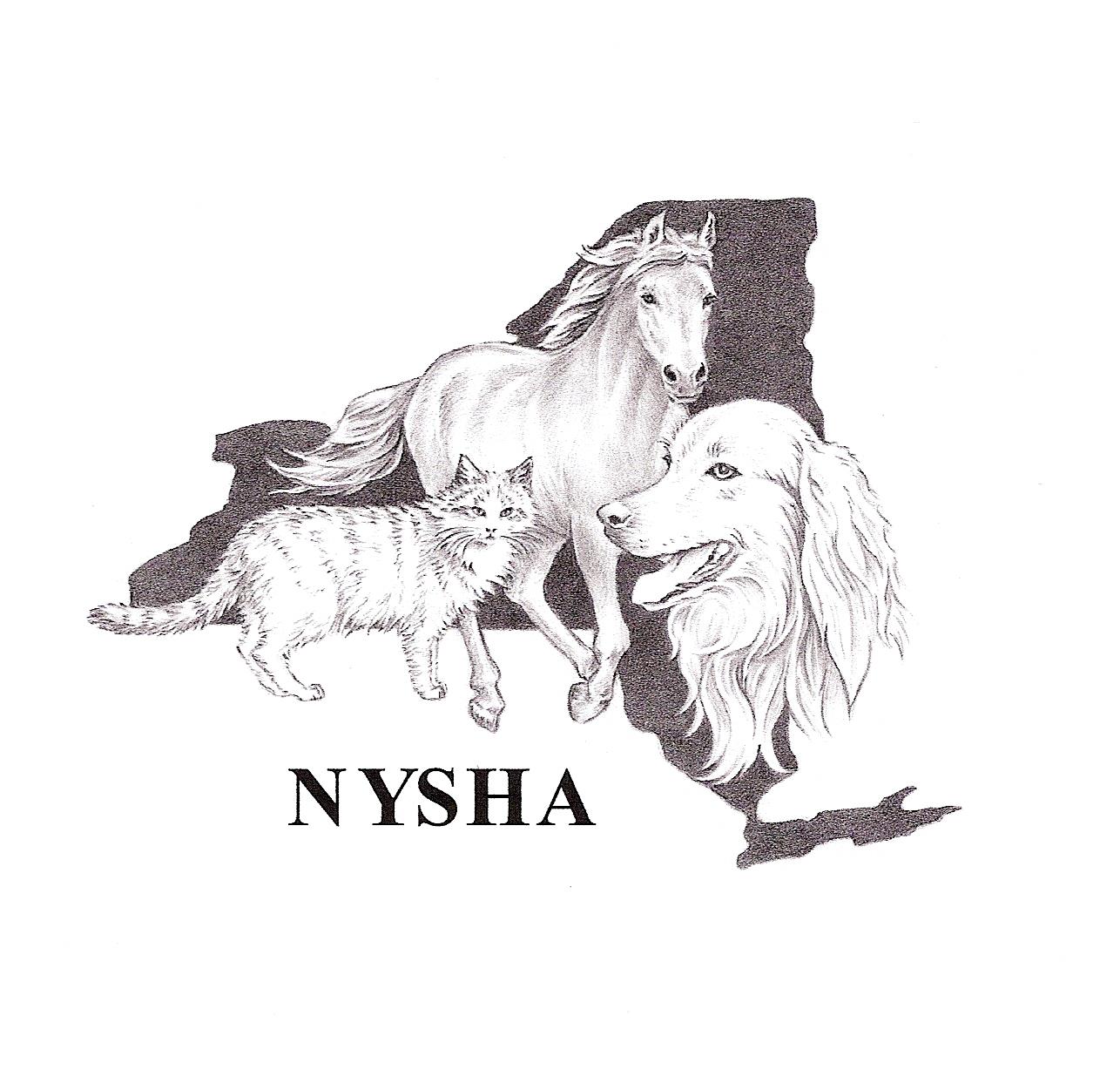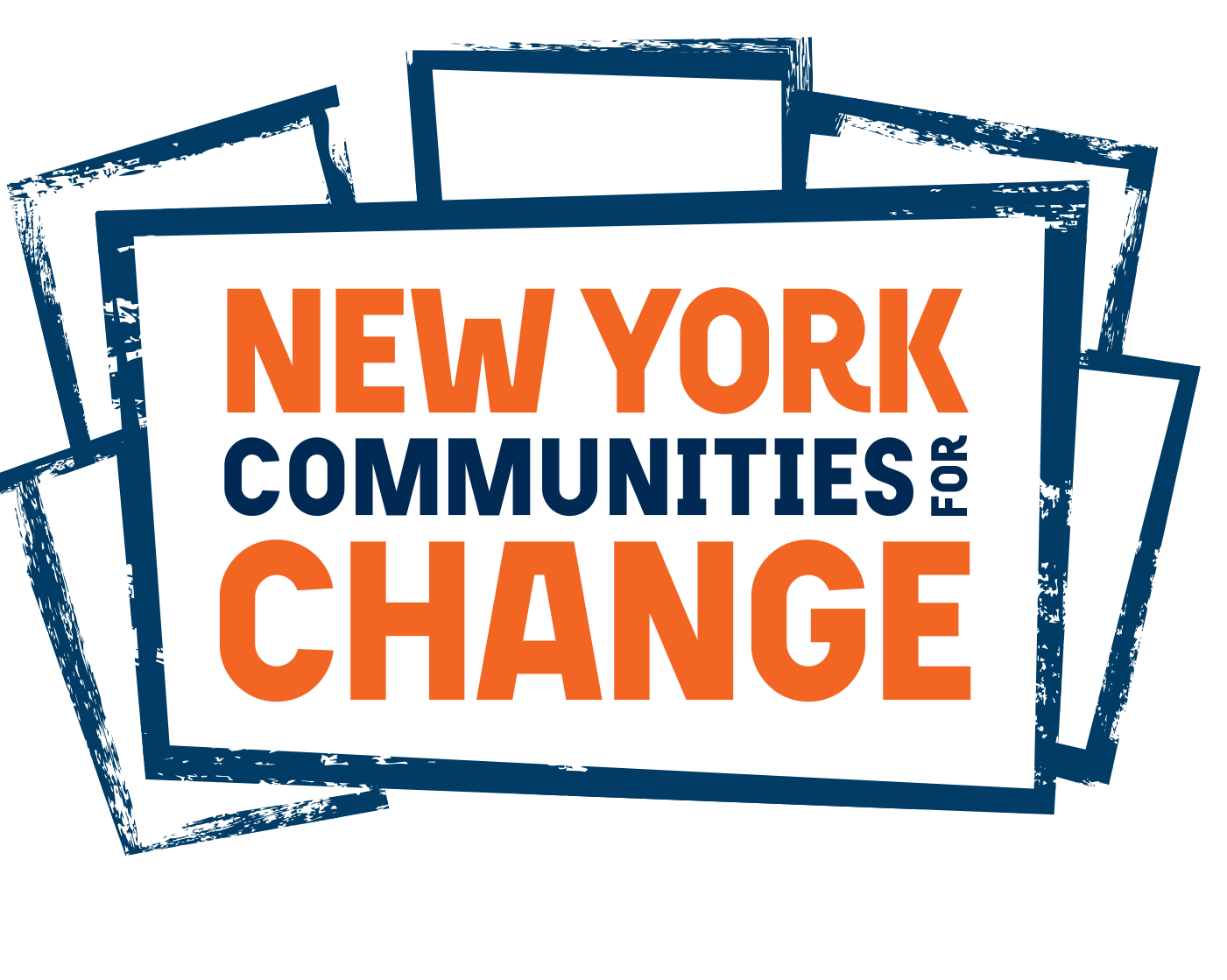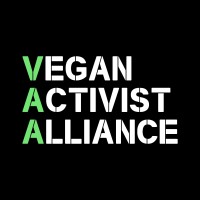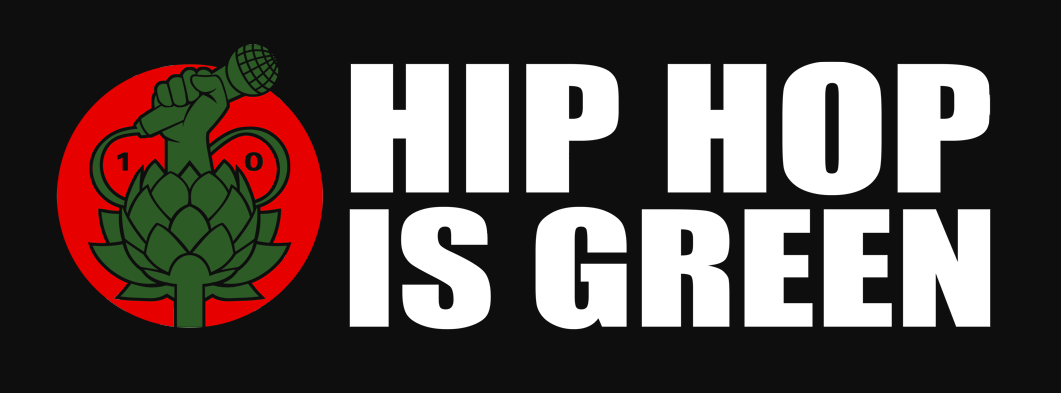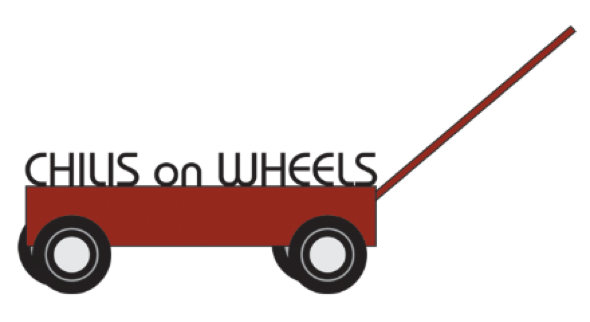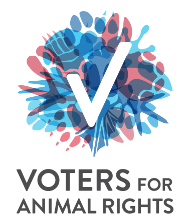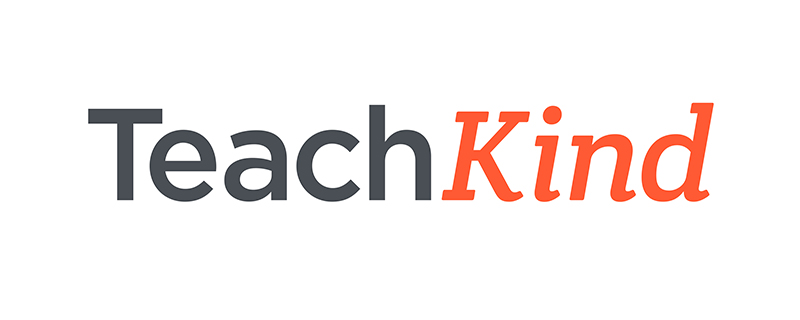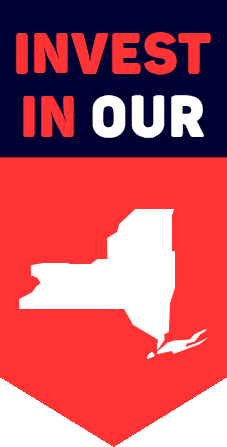Billions in Subsidies
Could New York’s Horse Racing Bailouts and Subsidies Be the Largest Corporate Welfare Boondoggle in State History?
Three billion dollars in casino revenue has already been used to prop up the horse racing industry, and these increased subsidies are now expected to cost taxpayers at least $1 billion every four years. Residents of New York should be the recipients of these casino profits, not the 11 Thoroughbred and harness tracks.
Millions of private businesses in the state have operated entirely without casino subsidies. Why does horse racing receive this corporate welfare?
Few New Yorkers ever see the inside of a racetrack. Attendance at races has been in continual decline for decades—with no probability of recovery. Except for the brief 40-day Saratoga season and the Belmont Stakes day, grandstands are virtually empty. Aqueduct Racetrack has a capacity of 40,000 people and used to be jammed with fans. Now it’s a virtual ghost town, and attendance has declined by more than 90%. Yonkers Raceway formerly averaged 25,000, but 2018 reports show just 90 fans per race date—a 99% decrease. The declines were so significant that in 2019, the New York State Gaming Commission’s annual reports stopped including harness track attendance.
A 2021 Marist Poll survey revealed that 91% of New Yorkers have no plans to visit a New York racetrack and bet on horse racing, 5% plan to go once, and 1% plan to go twice. Going to a New York racetrack once or twice in a year when there are 1,200 race days annually effectively rounds to zero.
In addition to the subsidies, the tracks and racehorse owners receive enormous tax breaks and other benefits:
It’s time to stop throwing good money after bad. Wealthy owners, breeders, and celebrity trainers should fund their own private breeding investments and gaming ventures.
As racing has declined—with diminished attendance, repeated criminal scandals, and horse deaths—the subsidies have nonetheless dramatically increased.
A 2021 Marist Poll survey found that 83% of New York state residents would prefer to direct these casino profits to essential public services.
Almost No Tax Revenue
Horse Racing Provides No Meaningful Tax Revenue for New York State as Originally Intended
New York’s 11 Thoroughbred and harness racing tracks have received nearly $3 billion in subsidies—without any real return to the state from pari-mutuel taxes on wagering. Unlike the billions that New York’s lottery, mobile sports betting, and casinos make annually for the state, horse racing brought in just $10 million in state wagering taxes in 2019. These ongoing state appropriations, casino payments, and sweetheart lease deals should have led to financial self-sufficiency long ago.
New York State Racing Subsidies Are Enriching Other States
Because 78% of betting on New York horse racing is from outside the state, New York is not allowed to tax the wagering—but other states are. As New Yorkers shun tracks, taxes on pari-mutuel wagers that go to the state have dropped substantially, as have revenues to the tracks themselves. After 18 years of subsidies, horse racing is no closer to self-sufficiency and doesn’t provide “a reasonable revenue in support of the government.” The industry is addicted to $230 million in annual video lottery terminal profits that should instead fund education. Wealthy owners, breeders, and trainers should pay for their own private gambling businesses, not New Yorkers, who have largely rejected most of the state’s 11 tracks. Horse racing—like any other business in the state—must fund itself.
Jobs and Economic Impact Claims
Racing Claims That It Creates Thousands of Jobs and Substantial Economic Impact
More than 1 million businesses in New York create 8 million jobs and more than $1.5 trillion in gross domestic product without casino subsidies.
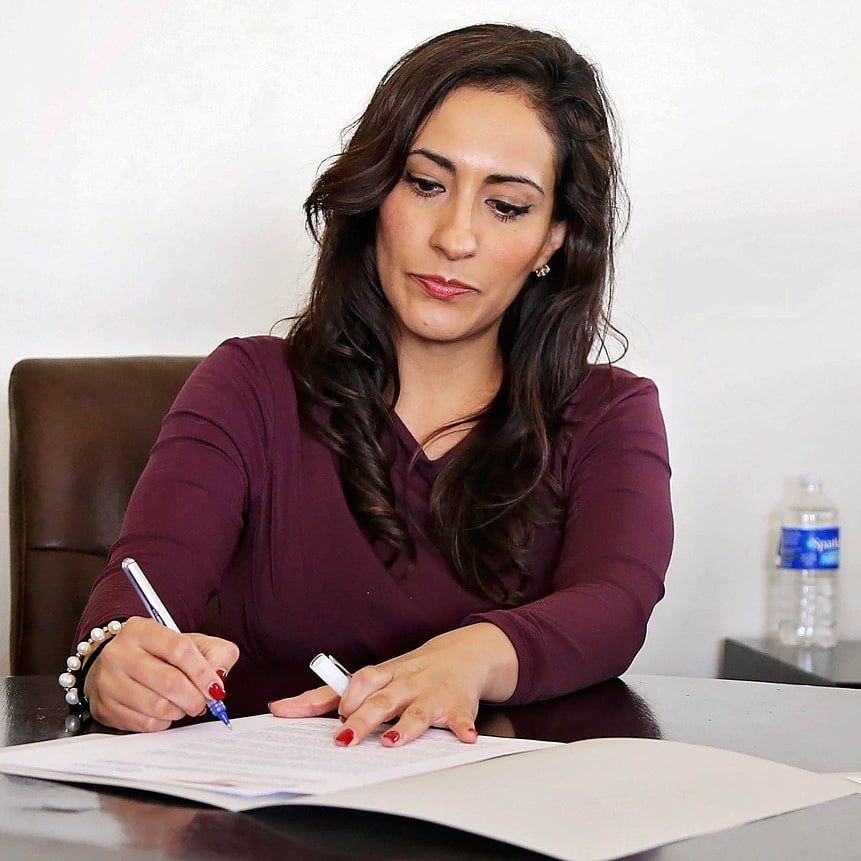


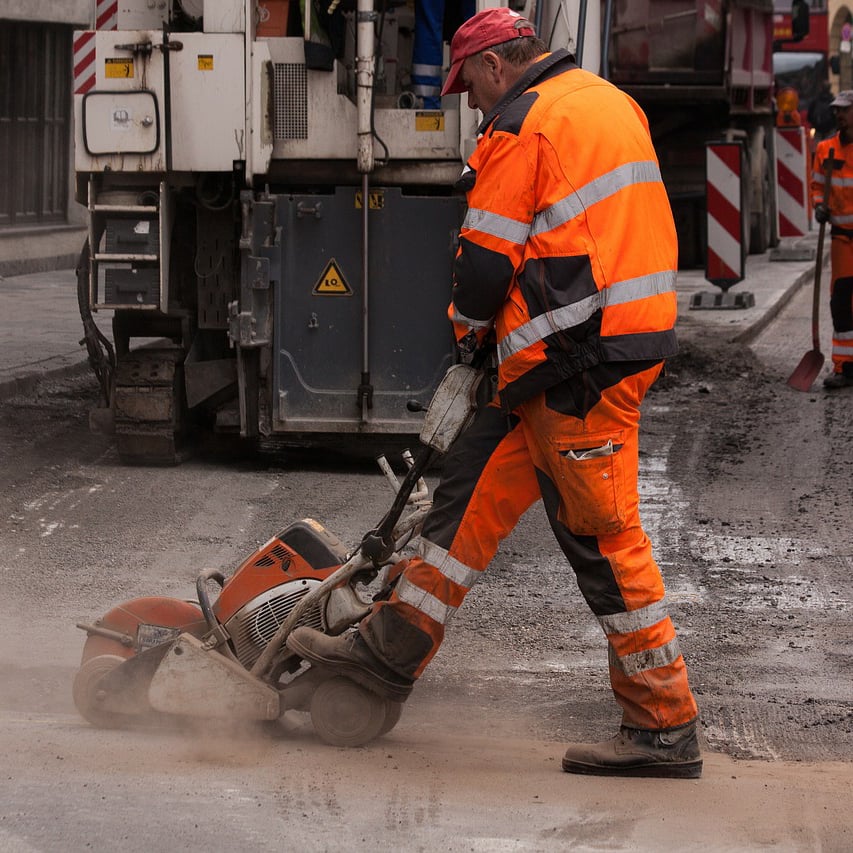
Why do casino subsidies support private racing businesses rather than more essential industries and services?
The racing industry claims that it provides jobs and income. But the jobs cited by racing lobbyists are often part-time, low-paying, and seasonal immigrant labor, and wage theft is a regular occurrence. In the words of former New York State Deputy Secretary for Gaming and Racing Bennett Liebman, “We may not know how many jobs [racing] has produced, but it is certainly nowhere near the levels that the surveys authored on behalf of the industry have indicated.”
Horse racing claims 19,000 jobs and $3 billion in economic impact in New York, but the state has no data to substantiate these figures. The racing industry doesn’t supply verifiable information on the number of workers, their actual location, salaries, hours, or benefits.
Deaths, Drugging, and Slaughter
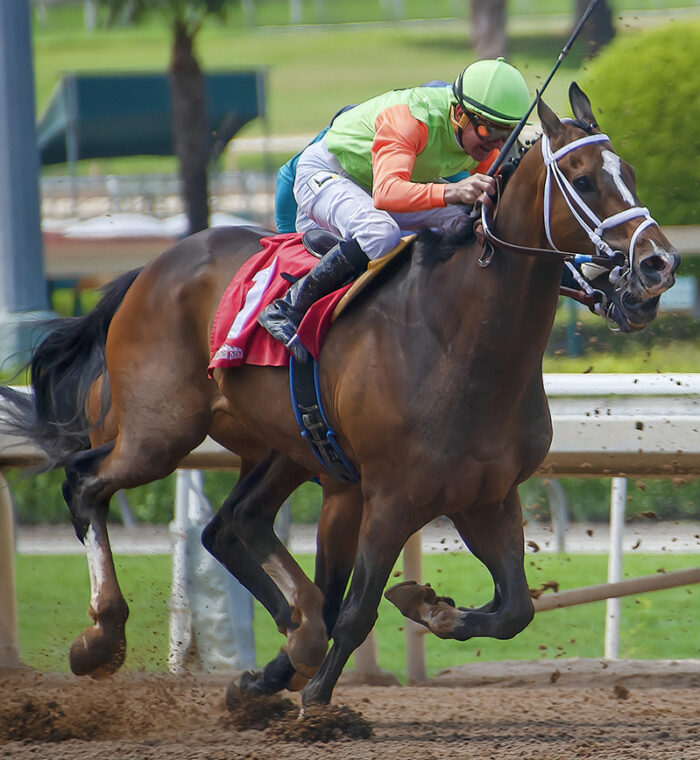
Deaths
Because of the way racehorses are bred (for speed), when they are first put to work (long before their bodies are mature), and how often they’re raced, racing can never be entirely safe for them. In 2021 alone, at least 105 horses died at New York tracks, and since 2009, more than 1,600 horses have died there.Illegal Doping
The racing industry is charged with policing its own tracks, yet the most egregious crimes have been uncovered by independent attorney general investigations and, most recently, by the FBI. In 2021, the U.S. Attorney for the Southern District of New York charged 27 trainers, veterinarians, and their co-conspirators with illicit drugging, mislabeling of pharmaceuticals, and sales and use of prohibited substances. Unfortunately, when New York gaming rule infractions occur, including drugging cases that affect the integrity of race results, only the most insignificant penalties and fines are assessed under state administrative hearings.Confinement and Isolation
Most horses are kept locked—alone—in cramped stalls for as many as 23 hours a day, making a heartrending mockery of the industry claim that horses “love to run.” Inflicting this cruelty on horses is especially harsh because they are naturally social herd animals. The vast majority of active racehorses suffer from stress-induced ulcers.Slaughter
Horses discarded by the racing industry are frequently auctioned off to “kill buyers” who truck them to Canadian slaughterhouses. They may endure days of transport without access to water or food or be painfully injured in cramped trailers before being barbarically killed. The Thoroughbred racing industry sends an estimated 10,000 horses to slaughter annually, meaning that half of the 20,000 foals born each year will eventually be killed for their flesh.Whipping
Horse racing is the only activity in which beating an animal to compel speed is legal. While it may not be prosecuted, it is cruelty under the law.
State-Sponsored Cruelty to Animals
New York’s 11 Thoroughbred and harness racing tracks have received nearly $3 billion—without any real return to the state. Unlike the billions that New York’s lottery and casinos make annually for the state, horse racing provides it with no meaningful tax revenue. These ongoing state appropriations, casino payments, and sweetheart lease deals should have led to financial self-sufficiency long ago.
New York state allows horses to be killed for entertainment. Taxpayers shouldn’t have to fund this cruelty.
What You Can Do
How Can I Help?
Senate bill S5438 (introduced by Sen. Robert Jackson) and assembly bill A01162 (introduced by Assembly member Linda B. Rosenthal) would redirect the $230 million in annual subsidies to education.
Senate bill S00481 (introduced by Sen. Julia Salazar) and assembly bill A01438 (introduced by Rosenthal) would end sales tax exemptions for racehorses.
A diverse group of organizations—including New York Communities for Change, the Alliance for Quality Education, the Human Services Council, LiveOn NY, the Worker Justice Center of New York, Horseracing Wrongs, New York State Humane Association, PETA, Strong Economy for All, Voters for Animal Rights, and New Yorkers for Clean, Livable, and Safe Streets—support the bills.
If you live in New York, please call or write to your state legislators and ask them end corporate welfare for horse racing in New York.
Personalized phone calls carry more weight with decisionmakers, but feel free to draw ideas from our sample script below:
[For your assemblymembers] As your constituent, I’m calling to urge you to cosponsor Assembly Bills A01162 and A01438 to end corporate welfare for horse racing in New York. Both bills will curb unnecessary subsidies and perks going to the horse racing industry and disproportionately benefit wealthy owners and breeders. I am calling to ask for you to co-sponsor both bills and for your support to including both of these bills in the final enacted budget. Can I count on your support?
[For your senators] As your constituent, I’m calling to urge you to cosponsor Senate Bills S00481 and S5438 to end corporate welfare for horse racing in New York. Both bills will curb unnecessary subsidies and perks going to the horse racing industry and disproportionately benefit wealthy owners and breeders. I am calling to ask for you to co-sponsor both bills and for your support to including both of these bills in the final enacted budget. Can I count on your support?

